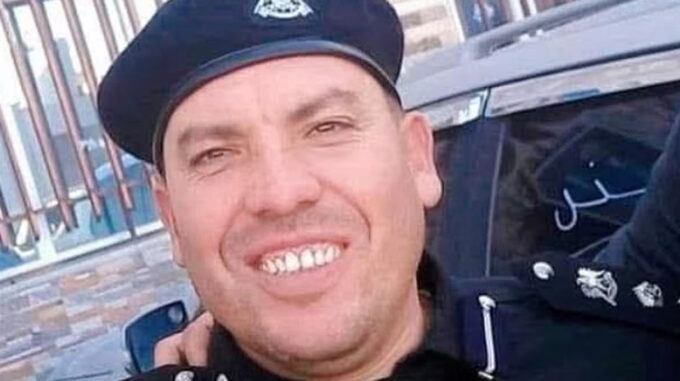Arrest of Libyan General in Tripoli: A New Chapter in War Crimes Accountability

In the Libyan capital, Tripoli, significant developments have once again drawn the world’s attention to the pursuit of justice for war crimes and human rights violations.
Osama Almasri Naji, a former Libyan military general and ex-head of the country’s judicial police, has been detained by local authorities.
This arrest results from ongoing international investigations, notably by the International Criminal Court (ICC), which has issued a warrant for his detention due to accusations of severe human rights violations, including torture, sexual assault, and murders of detainees.
The Libyan prosecutor’s office officially confirmed the arrest, stating that it was based on collected evidence pointing to systematic torture and inhumane treatment of prisoners in the Tripoli detention facilities.
Witness testimonies and investigative findings reveal that the detained individual was involved in cruel treatment of at least ten inmates, with one dying due to the abuse.
The ICC’s arrest warrant encompasses a broad range of crimes, such as war crimes, crimes against humanity, rape, and killings.
This is not the first encounter with Almasri; in January, he was briefly detained in Turin, Italy, under an ICC arrest order but was released two days later and repatriated to Libya, justified by Italian authorities as a matter of national security.
The incident sparked widespread criticism of Italy’s government, accused of neglecting its international obligations under the Rome Statute, especially amid diplomatic cooperation with Libya on migration control.
Subsequently, Italian prosecutors initiated investigations into senior officials, including Prime Minister Giorgia Meloni and others, for allegedly aiding and abetting crimes and misusing military aircraft.
Although Libya is not a signatory to the Rome Statute, it recognized the court’s jurisdiction earlier this year, allowing for the investigation into criminal acts committed on its territory.
This case emphasizes the ongoing importance of international cooperation in holding perpetrators of war crimes accountable and underscores the broader fight for justice amidst ongoing conflicts in the region.

